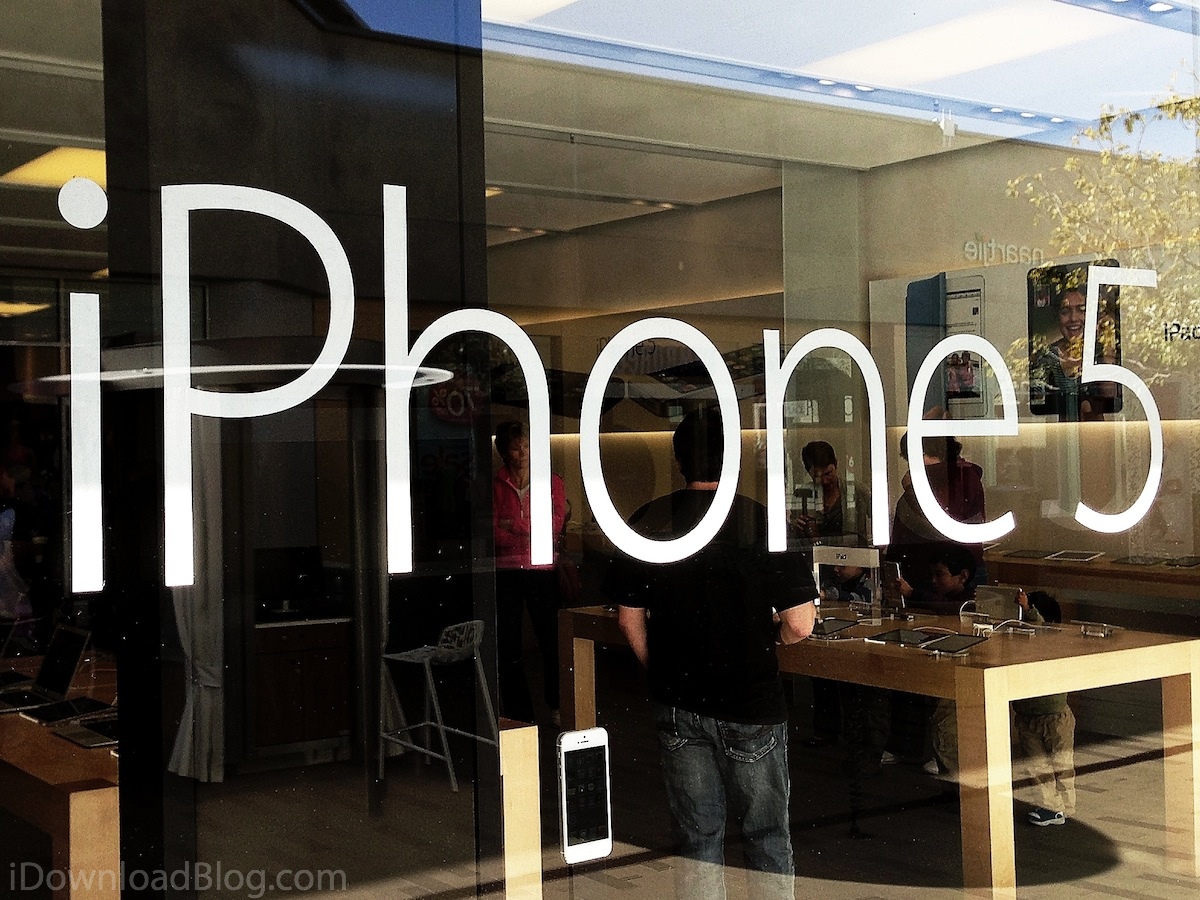Is Apple operating a monopoly? That’s the question before an Oakland, California judge. Tuesday, the iPhone and iPad maker urged the court to dismiss a lawsuit filed in 2011, alleging the company runs a monopoly by offering apps for the smartphone only on the App Store. Apple underscores it doesn’t set prices for third-party software and argues charging developers 30 percent to distribute items for iPhones, iPods and iPads on its App Store does not violate antitrust laws…
Apple attorney Dan Wall told U.S. District Judge Yvonne Gonzalez Rogers (via Bloomberg) that “there’s nothing illegal about creating a system that is closed in a sense.”
Alexander Schmidt, attorney for the seven plaintiffs, asked whether Angry Birds for the iPhone is available anywhere other than the App Store.
Can a consumer go somewhere else to buy Angry Birds for the iPhone? If the answer is no, then Apple is a monopolist.
Rogers gave no hint during yesterday’s hearing when she would rule on Apple’s request.
This lawsuit is not the only time Apple is defending itself against claims of monopolistic behavior. In court proceedings before the same federal judge, Apple is also defending itself against claims it is operating a digital music monopoly by selling songs on its iTunes Store.
Apple’s online-only content store since January 2009 has been carrying songs that are no longer copy-protected, meaning buyers can easily transfer iTunes tracks to their non-Apple devices.
The U.S. government is also charging Apple with price fixing when it comes to digital books, a procedure aimed at undercutting online ebook seller Amazon,com, according to government allegations.
